BEIJING, Jan 5, (V7N) - China's central bank, the People's Bank of China (PBoC), announced a "moderately loose" monetary policy to stimulate domestic demand and drive economic recovery. The move follows President Xi Jinping's recent call for more proactive macroeconomic strategies.
Last year, China's economy faced significant hurdles, including:
A property market crisis.
Weak consumer spending.
Soaring government debt.
Despite measures such as interest rate cuts and relaxed homebuying restrictions, economic momentum lagged, prompting experts to suggest that direct stimulus could be necessary.
The central bank outlined several steps to foster a "good monetary and financial environment," including:
Interest Rate Adjustments: Plans to lower rates to encourage borrowing and investment. Reserve Requirement Ratio (RRR) Reductions: Adjusting how much capital banks must retain, freeing up funds for lending.Debt Management Support: Helping local governments address significant debt burdens. The PBoC emphasized timing adjustments based on domestic and international conditions.
The bank reaffirmed its commitment to combat corruption, signaling continued vigilance within China's financial sector. It also aims to "prevent and resolve financial risks in key areas" while advancing financial reforms and opening the sector further.
China had set a growth target of around 5 percent for 2024, a figure that President Xi remains confident in achieving. However, forecasts suggest challenges:
The International Monetary Fund (IMF) estimated growth at 4.8 percent for 2024 and projects 4.5 percent for 2025.
China’s efforts reflect a dual strategy: boosting domestic demand while addressing systemic financial risks. The "moderately loose" monetary plan is expected to provide short-term relief and support broader economic recovery initiatives as Beijing aims to stabilize and grow its economy.
END/BUS/RH/



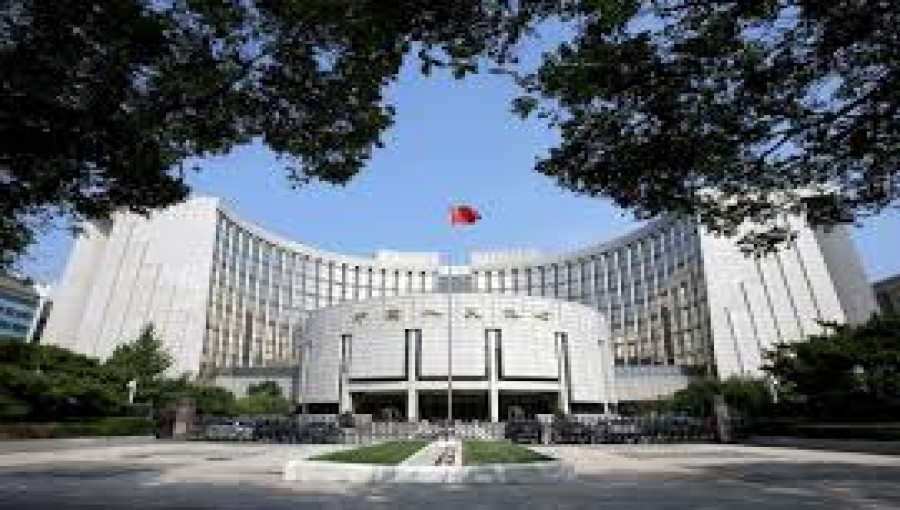



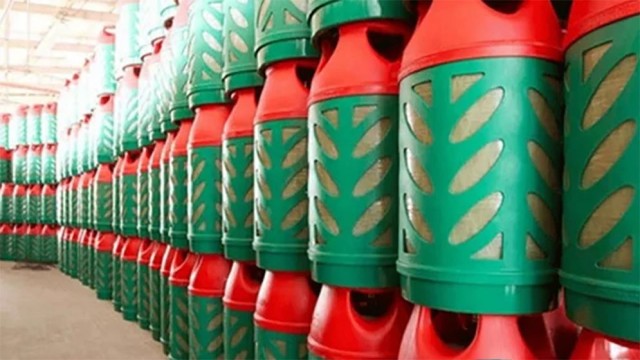
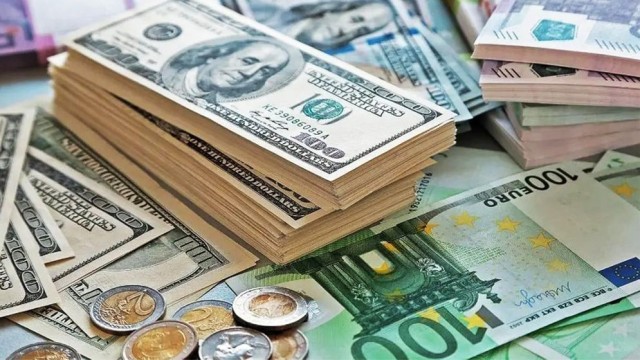
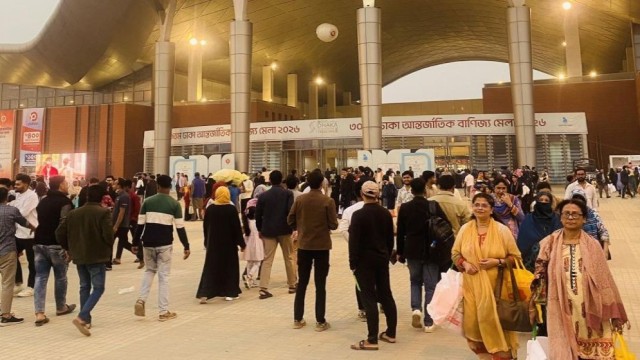






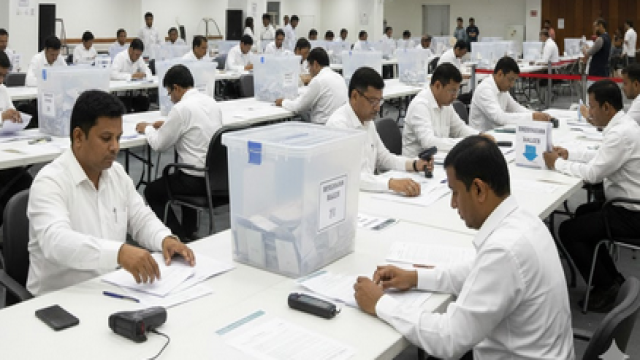

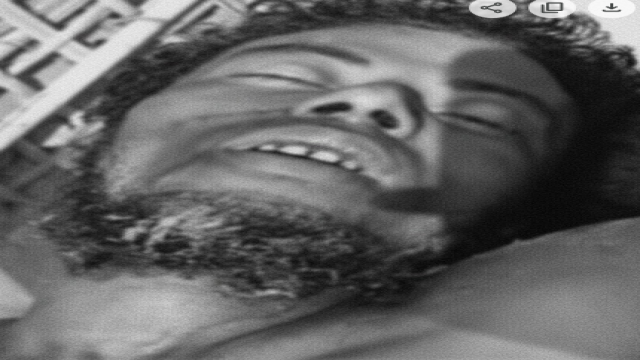
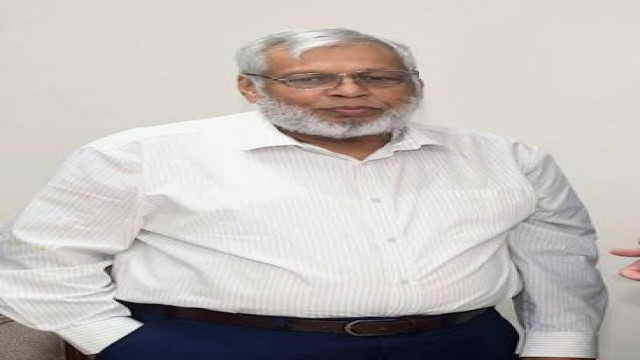











Comment: